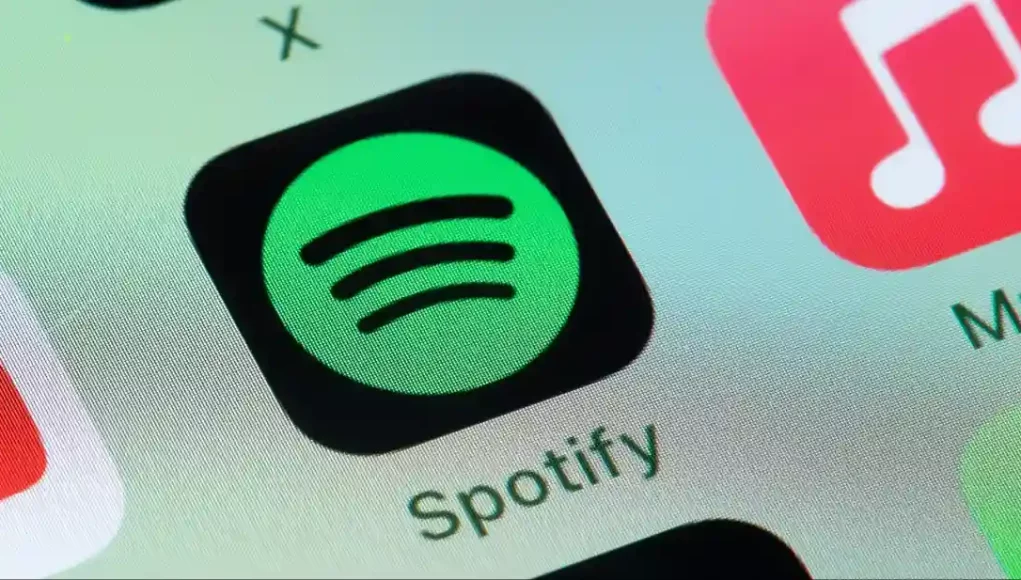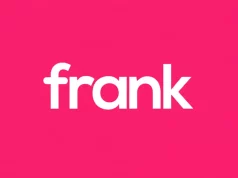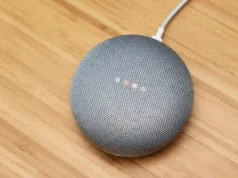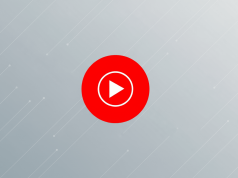Spotify appears to be developing a new feature called “SongDNA” that could change the way users discover and explore music. The feature would let listeners dive into a track’s full creative blueprint — its writers, producers, engineers, vocalists, lyricists, and other behind-the-scenes contributors.
The upcoming tool was first uncovered by app researcher Jane Manchun Wong, who found references to SongDNA in Spotify’s code and generated screenshots showing how it might look once integrated. According to her findings, SongDNA will visually map the creative connections between artists, making it possible to navigate through song credits and see how different collaborators link across multiple projects.
Wong’s example showcased artist Rei Ami, known for her role in KPop Demon Hunters, and revealed how her work extended beyond that soundtrack to other recordings as well.
If rolled out publicly, SongDNA could place Spotify in direct competition with TIDAL’s interactive credits, which already allow users to explore songs through their contributors. The feature could prove valuable not only to fans but also to industry professionals seeking collaborators or learning more about the production ecosystem behind their favorite tracks.
Shortly after Wong published her screenshots, Spotify removed all visible references to SongDNA in a subsequent app update. When asked for comment, the company declined to provide specifics but did not deny the project’s existence.
Adding further credibility, reverse engineer Chris Messina also examined Spotify’s code and confirmed similar references. He noted that the feature appears designed to reveal networks of song contributors, helping users dive deeper into the relationships between artists, producers, and other music creators.
While some have compared SongDNA to Pandora’s Music Genome Project, the two differ significantly. Pandora’s model classifies songs using hundreds of musical “traits” to draw stylistic links, while SongDNA seems focused on mapping the human connections that power the music industry.
If fully realized, SongDNA could transform how listeners engage with the stories, skills, and people that shape the music they love.










